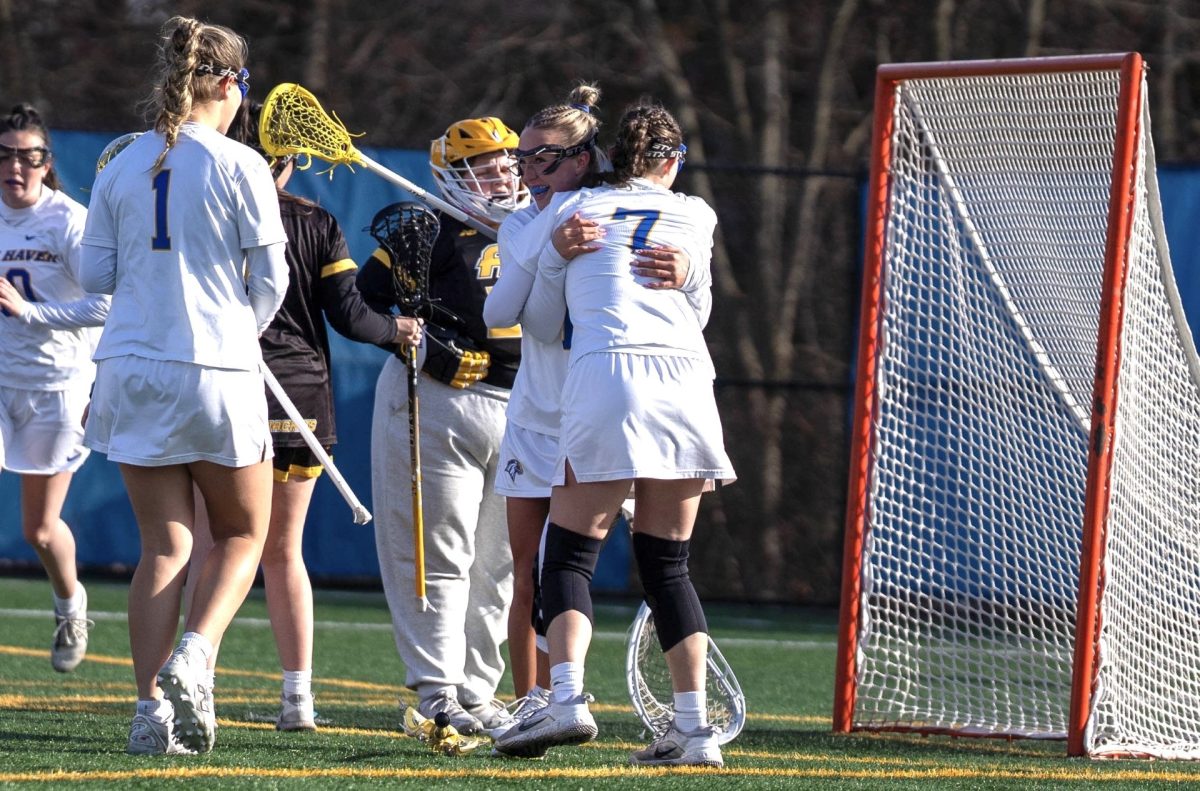Mental health concerns among students have been on the rise across college campuses nationwide, and the University of New Haven is no exception. With the pressures of academics, social life and future uncertainty, students often find themselves struggling with stress, anxiety and depression. The question is, is the university doing enough to support students in their push for mental health?
According to the National College Health Assessment (NCHA), 40% of college students report feeling so depressed that it’s difficult to function, and more than 60% of students feel overwhelming anxiety.
Meghan Martinetion, a senior forensic psychology major said, “When I first reached out to Counseling Services, I had to wait almost two weeks for an appointment. In that time, I felt my mental health deteriorating further.”
She said she turned to friends and family for support during that difficult period. Counseling Services at the university, provide students with individual counseling, group therapy and workshops. However, according to data provided by the university, a student who seeks mental health services faces a wait time of 10 to 14 days for an initial consultation. These wait times can feel like an eternity for someone struggling with immediate mental health concerns.
Paige Bartels, the director of Counseling Services at the university, acknowledged the challenges faced by the department.
“The increasing demand for mental health services on college campuses is a national issue,” Bartels said. “We are doing our best to accommodate the growing need, but there are limits to what we can do with the resources available to us. The staffing levels are something we continue to assess, and we are working to expand hours and the number of counselors we have.”
While the university has made efforts to address mental health needs, the reality is that demand often outweighs supply. The university offers 10 full-time counselors, a number that remains the same despite a growing student population. This has led some students to feel like their needs are not being adequately met.
An American College Health Association’s (ACHA) 2021 report highlights the importance of having a comprehensive mental health program that includes not only individual therapy but also outreach and prevention efforts. Some students, particularly in underserved communities or from low-income backgrounds, might not seek help unless resources are proactively available to them. Faculty members are also instrumental in identifying students who may be struggling.
Dr. Kerry Carnahan, a university English lecturer, said she frequently encounters students facing mental health challenges.
“It’s important for faculty to recognize the signs of mental distress and direct students to the right resources,” Carnahan said. “We’re not therapists, but we can be a first line of support. I always encourage my students to take care of their mental health and let them know that they are not alone.”
According to a recent study by the National Alliance on Mental Illness (NAMI), colleges with a student population of over 10,000 should ideally have at least 15 full-time counselors to meet the demand. This would help reduce wait times and provide students with the support they need in a timely manner. Students and faculty alike have voiced the need for increased mental health awareness, more accessible counseling services, and additional outreach programs.
In the end, mental health is not just an individual issue. It’s also a campus-wide concern. With continued conversation and investment, the university can become a place where students feel not only supported but cared for.











